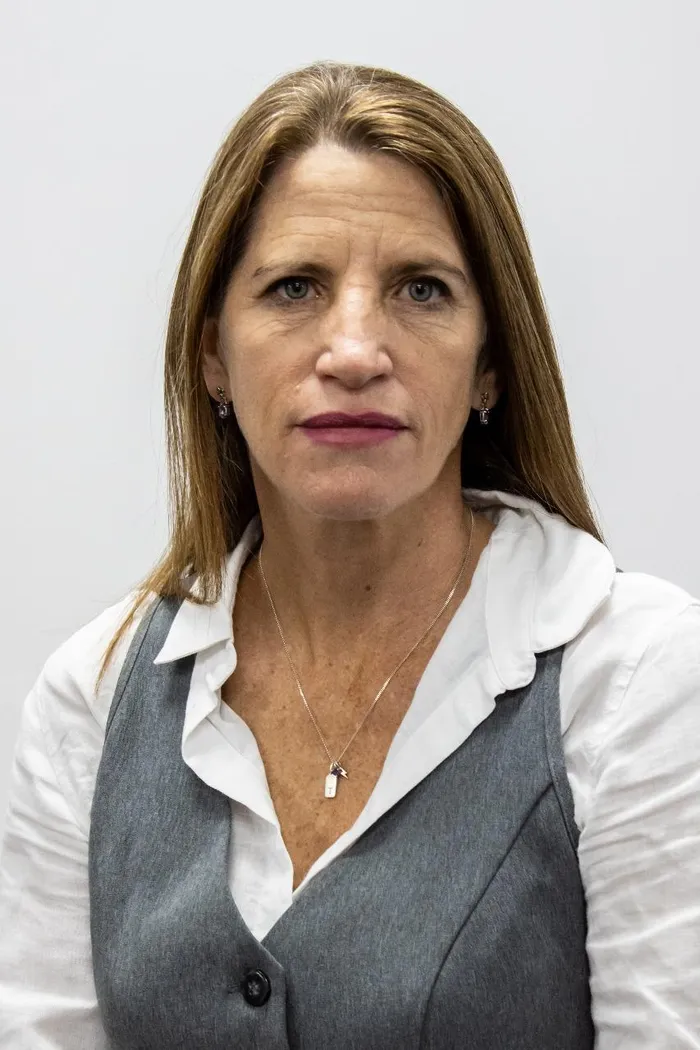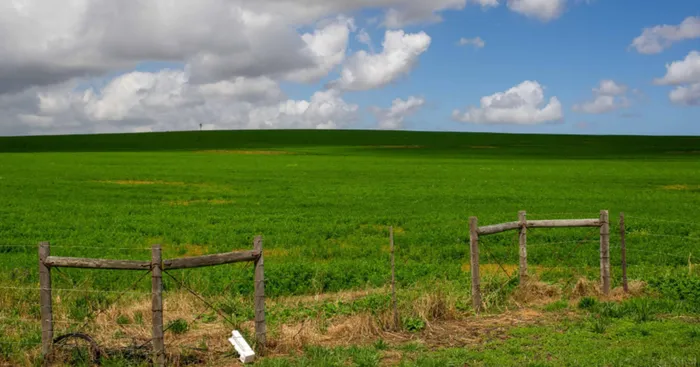
Tammy Colley is a DA member of provincial legislature and the party's spokesperson on Public Works and Infrastructure.
Image: Supplied
ACROSS our country – and particularly within our rural areas - lie vast tracts of land, abandoned buildings and under utilised public assets. These state-owned properties are meant to serve the public good, yet for decades they have stood idle, a silent symbol of missed opportunity.
The Democratic Alliance (DA) believes that public assets must serve public benefit, not political interests and that releasing this land and infrastructure for productive use can be a game changer for our economy, particularly in rural communities where opportunities are scarce.
The truth is simple: South Africa does not suffer from a shortage of land or resources. It suffers from a shortage of political will and sound governance to make those assets work for our people.
Every small town has an old government building standing empty. Every district has parcels of unused land lying fallow. Many of these properties have access to basic services and are strategically located near roads, schools and transport routes. Yet, they are left to decay while communities around them struggle with unemployment and poverty.
Imagine, instead, if these properties were repurposed - turned into community agricultural hubs, small business parks, local manufacturing facilities or affordable housing developments. Each one could become a site of opportunity, a place where jobs are created and dignity is restored.
The DA’s position is clear: government must be a facilitator of growth, not an obstacle. By releasing public land for productive economic use - through transparent leasing, partnerships or even sale where appropriate – government can attract investment, empower entrepreneurs, and stimulate local economies.

The writer says that public land and assets are not just property, they are potential to create jobs, to grow local economies, to build small businesses and to give our rural citizens a fair chance at a better life.
Image: Henk Kruger/African News Agency
In rural areas, the potential is enormous. Public land can be used to;
This is not theory – we have seen it work. In DA-led municipalities, we have demonstrated that when assets are properly audited, released transparently and managed responsibly, they generate revenue, employment and growth.
In the City of Cape Town, unused municipal buildings have been transformed into affordable housing and commercial spaces through public-private partnerships. In George Municipality, public land has been made available for small business incubation and tourism development, boosting local employment. In the uMngeni Local Municipality, the National Department of Public Works and Infrastructure (DPWI) has handed over an unused piece of land to the local municipality, to be developed into a taxi rank through a private public partnership. This project has unlocked the CBD regeneration project and created 280 jobs - and jobs stimulate the local economy.
These are examples of what good governance and a people-first approach can achieve.
Let us be honest: the state is not always a good landlord. Too many of our public assets are decaying due to neglect, vandalism, and mismanagement. The longer they remain unused, the more they cost the taxpayer in maintenance, security and opportunity loss. Releasing these assets responsibly would not only lighten the state’s maintenance burden but also inject much-needed life into struggling economies. It’s about turning dead capital into living opportunity.
This must be done transparently. Public assets cannot be handed to connected elites under the guise of “economic empowerment.” They belong to the people and must benefit all the people. That means open processes, fair valuations, and strict accountability to ensure that every transaction truly serves the public interest.
In rural South Africa, young people are leaving in search of opportunity because government has failed to build economies where they live. As a result, our cities and urban areas have become overpopulated as many flock to urban areas to be closer to job opportunities. This places significant strain on local government services and local municipalities have to try and cope with increased demand for services such as electricity and water. This overflows into an increased demand for housing, education and health in urban areas.
Releasing public land can reverse this trend. If we create space for enterprise - whether agro-processing, logistics, tourism or renewable energy - we can anchor growth where it is most needed and keep talent in these communities. This is how we grow our rural economy - not through endless promises or failed state projects - but by enabling people to build and own their future.
The DA welcomes the announcement by KZN DPWI MEC, Martin Meyer, that his department has completed the audit of assets undertaken at the start of this administration. The physical verification of the 10 067 assets/properties across KZN’s 11 districts is a starting point for identifying those that can be used more productively and benefit the communities they are in. Further to this, the DA would like to see;
This approach is rooted in accountability, innovation, and empowerment.
Public land and assets are not just property, they are potential to create jobs, to grow local economies, to build small businesses and to give our rural citizens a fair chance at a better life. These assets cannot be allowed to gather dust while communities around them crumble. They must be unlocked for growth, for opportunity and for the people of our province and our country. Because when we put the public back at the centre of public assets, we build an economy that works for all - not just for a select few.
Tammy Colley is a DA KZN member of provincial legislature and the party's spokesperson on Public Works and Infrastructure. The views expressed do not necessarily represent those of the Sunday Tribune or IOL.
Related Topics: